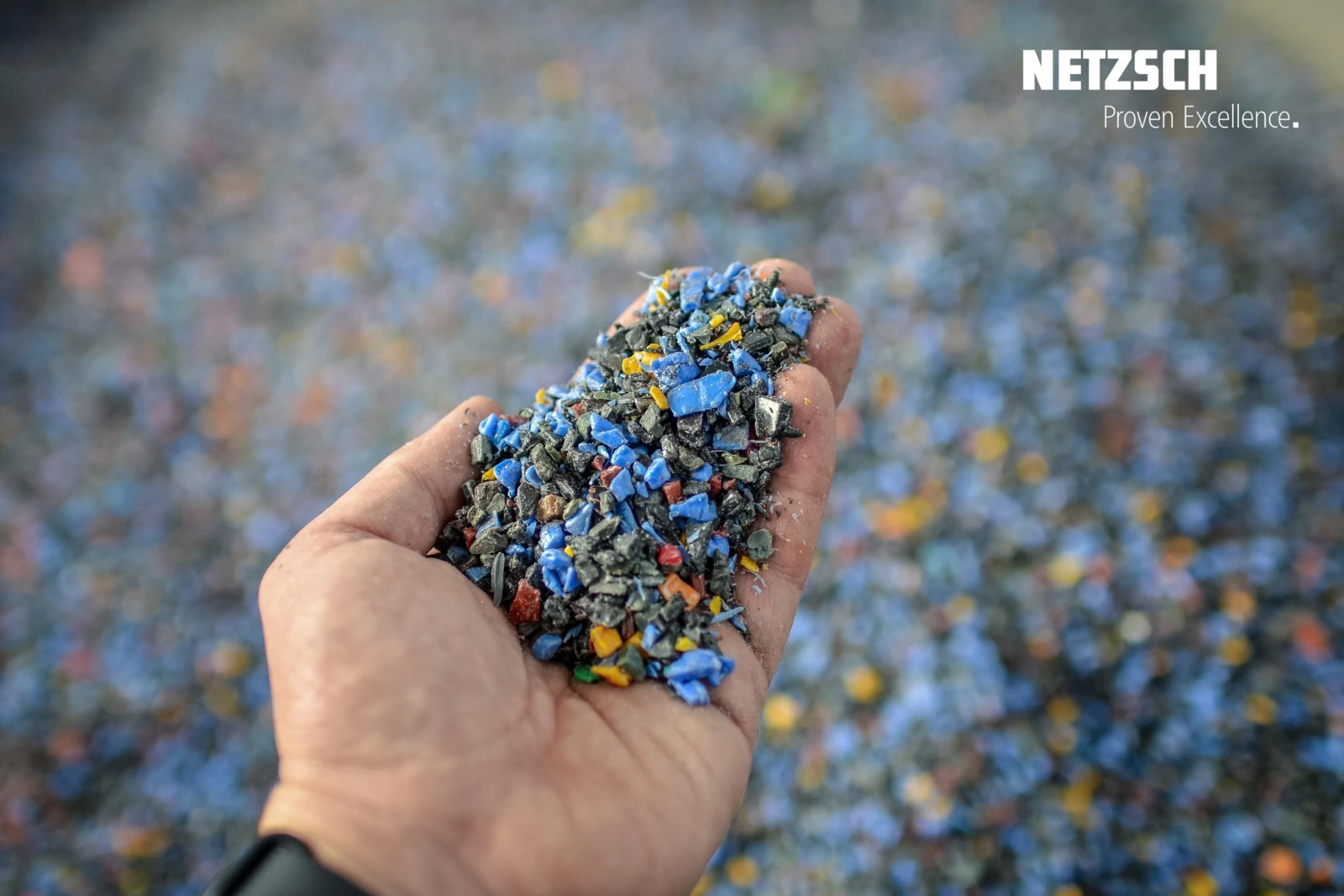
18.10.2021 by B. Sc. Martin Doedt
DIN SPEC 91446: A Road to Sustainability in the Plastics Industry
Germany’s long-term goal is to become largely greenhouse gas neutral by 2050. In doing so, the German government is aligning itself with the Paris Agreement’s goal of achieving greenhouse gas neutrality worldwide in the second half of this century. Plastics recycling and materials research play a key role in this.
For quite a long time, many people have been aware of the importance of climate protection. Just as many different concepts have been discussed. Only recently, the European Union pledged to be climate-neutral by 2050. Germany aims to be one of the forerunners in this objective and declared its intention to achieve climate neutrality as early as 2045. But is this objective even within reach? What will it take to realize it?
It requires radical thinking in our economy. New materials, new technologies, new processes and new ideas are needed to realize, for instance, circular economy and low-emission mobility.
Materials analysis and research play a crucial role here. What is the stiffness of newly developed or/and recycled materials? At what temperatures can materials be best processed? These and many other material properties can be determined using thermal analysis and rheology methods.
State of plastics recycling
One key aspect of this required change is sustainable recycling of plastic materials, where clear distinction must be made between post-consumer and post-industrial waste.
Post-industrial waste is often homogenous material. Sprues, gates and scrap parts generated from the manufacturing process are saved, regranulated and reused. The material is not contaminated with other materials and its properties are known. Thus, it can easily be used to produce high-quality parts and components.
Post-consumer waste is more challenging as different plastic types come together – yogurt cups with labels, packaging foil with adhesives, shampoo bottles. Contamination and mixed plastic types are only two of the complex challenges in plastics recycling.
Processing this post-consumer plastic waste into recyclates requires multi-step processes for identification and separation of materials. Otherwise, problems in processing and poorer quality feature profiles may occur.
The problem with recyclates
Although increased use of recyclates is frequently requested, there are still many obstacles present in the market. Comparability of materials from different sources is often restricted and can lead to risks in the supply stability. Furthermore, virgin materials are generally cheaper than high-quality recyclates. This is, in part, due to a lack of standards for recyclates and insufficient digitalization in the industry. These factors prevent transparency about the material.
Christian Schiller has set out to change that. Together with Volkan Bilici, he founded Cirplus, an online marketplace for plastic recyclates that aims to connect disposers and procurement managers of packing manufacturers. Christian also set up a Konsortium to establish a standard that addresses the key problem in the recyclates market.
DIN SPEC 91446: Classification of recyclates by data quality levels
The consortium of processors, recyclers, manufacturers of sorting plants, digital trading platforms, associations and institutes is addressing classification of recyclates by data quality levels (DQL) as part of DIN SPEC 91446. Its objective is to facilitate use and trade to overcome above-mentioned obstacles.
The recyclates are classified according to the available data depth, i.e., according to how many characteristics such as information on the material, sorting quality and purification as well as determined characteristic values such as Melt Volume-flow Rate (MVR), ash content, etc., are available for the material. The DIN SPEC contains a specification as to which characteristics must be specified in order to achieve DQL classification.
In addition, the DIN SPEC includes a calculation methodology on how the recyclate content is calculated and what is added (fillers, additives, etc.). A recommendation for the characterization of plastic waste as feedstock for recyclates is also contained, so that sufficient information is available for high DQL.
DIN SPEC 91446 can be ordered free of charge from Beuth-Verlag as a draft until the end of October and as a final version from the beginning of November.
https://www.beuth.de/de/technische-regel-entwurf/din-spec-91446/340423834
We are here to support you!
The long-standing partnership between the Kunststoff-Institut Lüdenscheid and NETZSCH Analyzing and Testing helps to assist you with the best possible support in determining the characteristic values to achieve high data quality! Learn in one of our next articles which NETZSCH instruments are suitable for the analysis of specific properties.
SOURCES:
Klimaschutz: Neue Klimaziele erzwingen radikales Umdenken (handelsblatt.com)
K Impulse No. 79 (Hauszeitung Kunststoff-Institut Lüdenscheid)
Cirplus https://www.linkedin.com/feed/update/urn%3Ali%3Aactivity%3A6808988373370376192/
Mehr Klimaschutz: klimaneutrale EU bis 2050 (bundesregierung.de)
Post-consumer recycling – from household waste to high-quality industrial good | Röchling EN (roechling.com)
Post Consumer vs Post Industrial Recycled Content – EcoEnclose